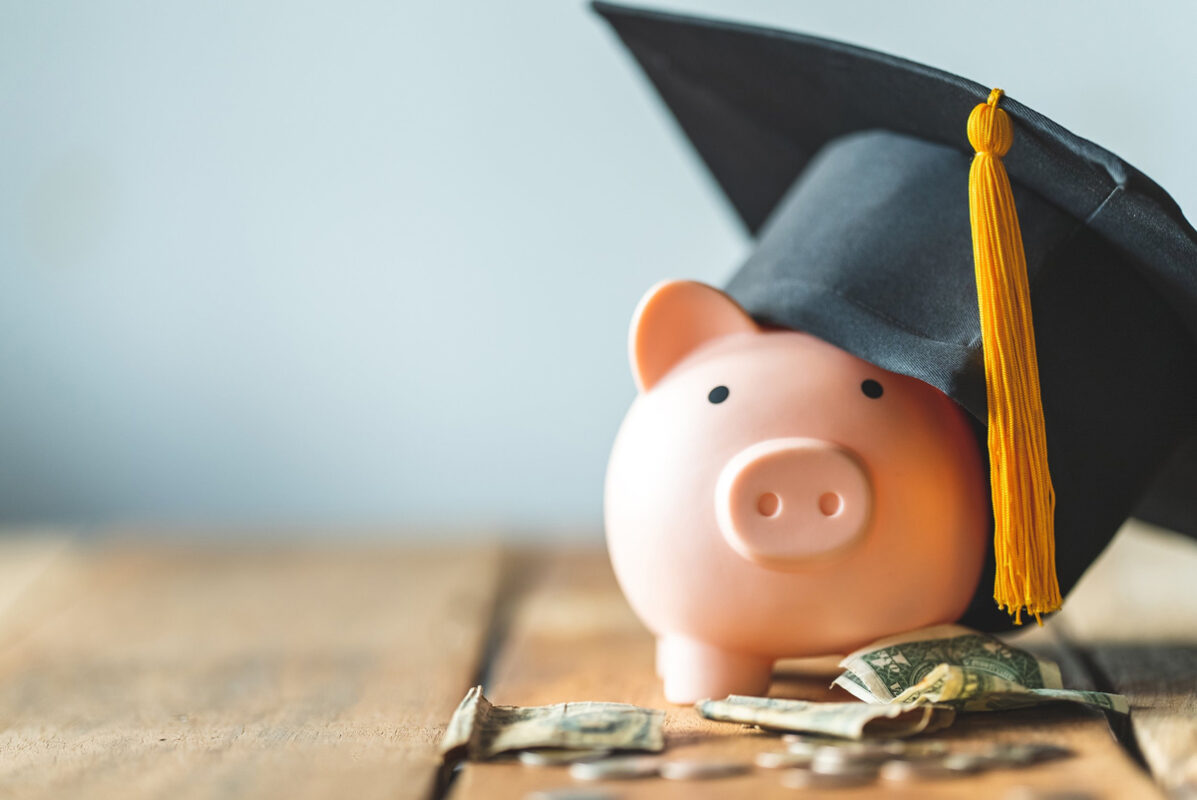Student loans can be a major financial burden for college students and recent graduates. According to the College Board, seven in 10 seniors who graduated from public and nonprofit colleges in 2018 had student loan debt, with an average debt of $29,800 per borrower. Unfortunately, these debts are almost impossible to escape through bankruptcy.
The US Bankruptcy Code states that student loans can be discharged under certain conditions. However, the process is difficult and it must be proven that repayment of the loan would pose an ‘undue hardship’ on the borrower. This means that the borrower must meet a stringent standard to have their debt forgiven through bankruptcy.
In some cases, borrowers may be able to negotiate a settlement with their creditors to reduce the amount of debt owed. This can be done by negotiating a reduced payment plan with the creditor or by offering a lump sum settlement. For borrowers who are unable to prove ‘undue hardship’, this is usually the most viable option for relieving some of their student loan burdens.
In short, it is possible to have student loans discharged through bankruptcy, but the process is difficult and often requires legal assistance. Borrowers need to be aware of their options so that they can make informed decisions regarding their finances. For those who are struggling to pay off their student debt, consulting with a financial expert or bankruptcy attorney is often the best way to get relief.
Borrowers need to remember that student loan debt cannot be erased overnight and it can take several years of consistent effort to make a dent in their debt. With the right strategies, however, borrowers can manage their student loan debt and eventually get out of debt.
The US Bankruptcy Code provides a legal avenue for those in dire need of financial relief, but it is not without its pitfalls. Borrowers must understand the rules and regulations surrounding student loan debt and bankruptcy before taking any action. With the right information and support, however, it is possible to manage student loan debt and get back on track financially.
By being proactive and properly managing their loans, borrowers can avoid the need to file for bankruptcy to discharge their student loan debt. It may take time and effort, but with the right strategies and assistance, it is possible to pay off student loan debt without having to resort to filing bankruptcy.
By understanding the rules and regulations of the US Bankruptcy Code, borrowers can make informed decisions about their finances and find relief from their student loan burden. With patience and dedication, it is possible to manage student loan debt without having to file for bankruptcy.



